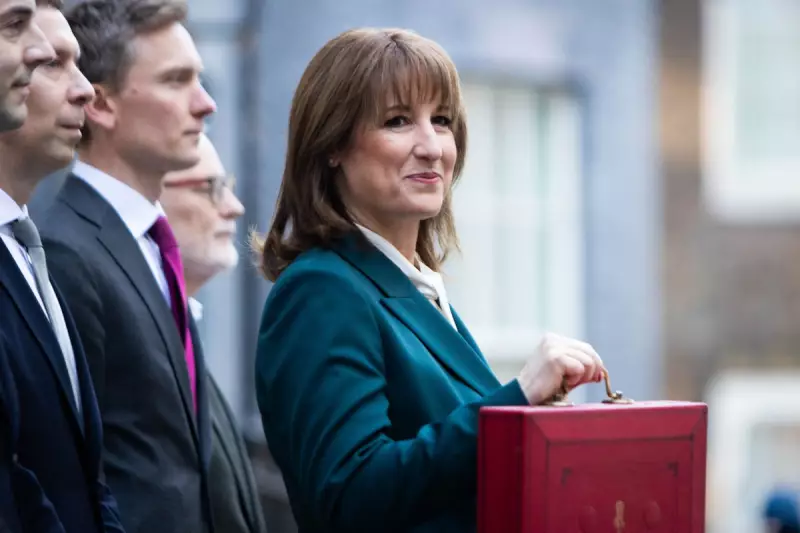
Chancellor Rachel Reeves delivered an Autumn Budget that broke her key tax pledge while attempting to shore up support within her own party, in what critics are calling a "thieving" financial statement that will hit millions of Britons.
The Budget Breakdown: Tax Rises and Political Calculations
In a dramatic Commons appearance on Wednesday 26 November 2025, Reeves confirmed what many had feared: an additional £26 billion in taxes despite her previous promise not to be "back for more" this year. The Chancellor, who entered Parliament on what observers called a "job-saving mission," faced the dual challenge of managing economic headwinds and party discontent.
The Budget day was marred by an unprecedented leak from the Office for Budget Responsibility, whose head Richard Hughes saw his team accidentally release budget details an hour before the official statement. Reeves described the incident as "deeply disappointing" and a "serious error," though critics noted the irony given her own strategy of carefully managed pre-budget briefings.
Key Measures and Political Fallout
Among the most significant announcements was the scrapping of what Reeves called the "dehumanising and cruel" rape clause, part of the two-child benefit cap introduced by the Conservatives. The move, costing £3 billion, appeared designed to reconnect with Labour backbenchers who had previously eviscerated her welfare reform plans.
Tax increases will particularly affect savings and pension contributions, with the threshold for higher tax rates beginning at £50,000 annually. Property taxes will also rise significantly for homes valued over £5 million, with Reeves quipping that owners "can probably afford it" when Conservative MPs objected.
The Chancellor's language came under particular scrutiny, with what critics termed "Rachel-speak" - a style of communication described as "evasion and inventive obfuscation." Her assertion that everyone should "make a contribution" to national well-being was compared to an office whip-round that "nobody could quite avoid."
Economic Reality and Political Future
Behind the political theatre lies a challenging economic landscape: growth remains stuttering, inflation persists stubbornly, and borrowing levels exceed what the Chancellor openly acknowledged. The budget revealed what analysts called a "hole around growth ideas," raising questions about the government's economic strategy.
The exchange with Conservative MP Kemi Badenoch highlighted the political tensions, with what observers described as "mutual womansplaining" across party lines. Reeves reminded her opponent of the Liz Truss and Kwasi Kwarteng budget that "nearly sank the country," her eyes burning with defiance according to witnesses.
Despite styling out the difficult budget day and fighting to keep her position at Number 11 Downing Street, questions remain about whether this represents a long-term incumbency for Reeves. As the country faces what is now the single biggest tax-raising parliament in recent memory, the Chancellor has signalled she will be "back for more budgets" in the years ahead.





